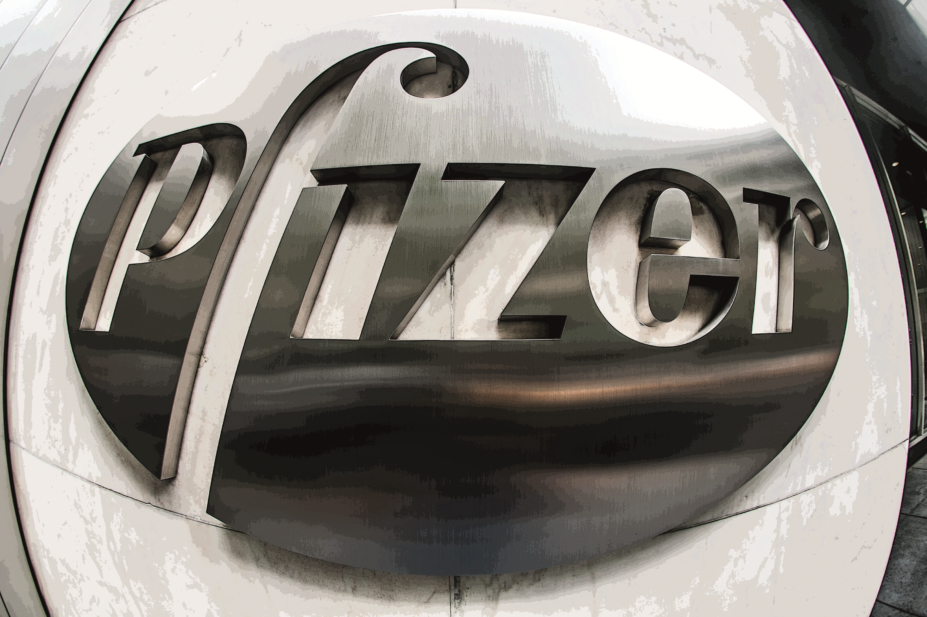
Shutterstock.com
On 7 December 2016 the Competition and Markets Authority (“CMA”) took an infringement decision, resulting in the fining of pharmaceutical company Pfizer and distributor Flynn Pharma. The companies were fined almost £90m in total (Pfizer received a record fine of £84.2m and Flynn Pharma a lesser £5.2m) as a result of charging excessive and unfair prices to the NHS for phenytoin sodium capsules, which are used in the treatment of epilepsy.
Although businesses are generally free to set prices as they see fit, those in a dominant position have a special responsibility under competition law not to abuse their market power. In this case, the CMA decided that Pfizer and Flynn Pharma each held a dominant position in the markets for the manufacture and supply of phenytoin sodium capsules, and abused it by charging excessive prices.
The increase in price occurred after September 2012, when Pfizer sold the distribution rights for the drug to Flynn Pharma, which subsequently de-branded it. As a result the capsules ceased to be subject to UK price regulation. Since September 2012, Pfizer has continued to manufacture and supply phenytoin sodium to Flynn Pharma at higher prices than they previously charged for the branded version of the drug. Following the purchase of rights, Flynn Pharma then distributed the drug to wholesalers and pharmacies in the UK, but at what the CMA has described as “excessive and unfair prices”. The CMA claims that the price of the drug increased dramatically by up to 2,600%, and as a direct result NHS spend on the drug rose from roughly £2.3m in 2012 to just over £50m in 2013.
It is worth highlighting that it is extremely rare for competition regulators to take action in respect of excessive prices. This is largely because it is difficult to define when a price becomes excessive, and also because in a competitive market excessive prices are unsustainable (an increase in price will lead to a loss in market share). In this case, the regulator was no doubt influenced by the very dramatic nature of the price rises.
One of the most interesting features of the case is that Pfizer and Flynn Pharma have been directed to reduce price levels to ensure access to the drug is no longer unfair and the costs excessive. Simultaneously the case is likely to give the NHS, and any other parties that may have suffered loss or damage, the right to sue without having to prove that Pfizer and Flynn are liable. Any damages that may be awarded or achieved are likely to be in the form of provable overcharge. Unsurprisingly, both Pfizer and Flynn Pharma have appealed the CMA’s decision to the Competition Appeal Tribunal, but if the appeal is unsuccessful, Pfizer and Flynn Pharma will have a difficult dilemma in setting prices going forward – a price that is too high may breach the CMA’s direction, but a low price could potentially increase the level of any damages that need to be paid to third parties.
This is the second significant infringement decision that the CMA has taken in the pharmaceutical sector this year, and the CMA has stated that it has four other investigations currently ongoing. This highlights both the importance of the pharmaceutical sector to the UK economy and the significant degree of regulatory scrutiny that it is subject to.
In order for companies to avoid regulatory intervention and to stay on the right side of the law, it is increasingly important to take appropriate specialist advice before making a final decision on pricing. Competition law issues can arise from high prices as in this case, but also, more commonly, from very low so-called “predatory pricing” or other pricing practices such as rebates. Following the appeal currently under way on this case, and alongside others being pursued by the UK regulator, there is likely to be helpful clarification in relation to various difficult areas of competition law over the coming months, which businesses would do well to pay careful attention to.
Gustaf Duhs, Partner and Head of Competition & Regulatory at Stevens & Bolton LLP


